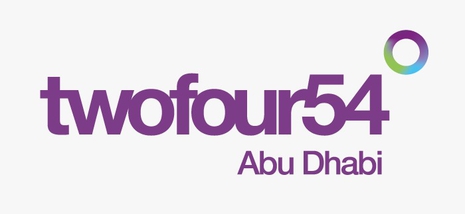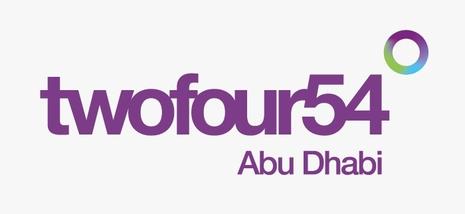
Abu Dhabi Opens $54 Billion Infrastructure Pipeline

Abu Dhabi's infrastructure expansion enters an ambitious phase with the Abu Dhabi Projects and Infrastructure Centre announcing a capital-projects pipeline valued at US$54 billion over the next five years, and ambitions to double the size of this programme by 2040. Officials described the initiative as a broad invitation to overseas and regional contractors to engage in major new developments spanning housing and social infrastructure.
During a road-show in Istanbul, the ADPIC team – led by Director General Maysarah Mahmoud Salim Eid – met Turkish contractors, developers and construction companies in a bid to secure partners for the rollout of projects across Abu Dhabi, Al-Ain and the Al-Dhafra region. The visit followed earlier events in Singapore and China aimed at short-listing firms from Turkey, Singapore and China.
Eid told reporters that the selection process remains at the“discussion phase” and that announcements will follow once mutual agreements are reached. He stated that the planned portfolio will include“bridges and tunnels” as part of a broader economic-diversification strategy, with roughly half of the investment earmarked for social infrastructure-housing, schools and community facilities.
China and Turkey currently top rankings in the building-contractor sector, according to industry listings, making their firms key targets for ADPIC's sourcing efforts. Turkish contractors alone booked more than US$31 billion in overseas projects during 2024, with the UAE identified as their largest market at US$6.1 billion.
The plan marks a shift in ADPIC's approach to project delivery. Financing may come directly from the Abu Dhabi government or via public-private partnerships pairing contractors with real-estate developers or long-term infrastructure investors. The projects will be executed in the emirate's main urban zones and its southern and western regions, aligning with the emirate's population growth and spatial-development strategy.
See also Ittihad's $550 Million Sukuk Makes Bold Market EntryPartnerships showcased in preparation for the pipeline include agreements made during an infrastructure-summit road-show in Singapore where ADPIC signed memoranda with leading firms such as Surbana Jurong, CPG Corporation, and Meinhardt Group. These engagements reflect an ambition to incorporate modular construction techniques, digital-twin technology and Net Zero design standards into future-city developments.
Industry observers note that this pipeline emerges at a time when Abu Dhabi is accelerating its efforts to diversify beyond hydrocarbons, and infrastructure spend is being used as a lever for economic resilience, job creation and regional competitiveness. The scale of the plan places Abu Dhabi among the larger infrastructure-investment programmes globally and signals its intent to become a more significant contractor-destination in the global built-environment market.
However, analysts caution that delivering on such a large portfolio will present challenges. Project management, procurement transparency, cost escalation and the coordination of foreign contractors with local labour and regulatory frameworks remain critical. Earlier Gulf region infrastructure programmes have seen delays and budget pressures when public-sector agencies and international firms misalign on delivery models. Abu Dhabi will need to manage integration of advanced technologies and modular systems into an environment that has historically leaned on high-custom luxury construction rather than industrialised processes.
Another factor raising attention is the sourcing of the workforce and the up-skilling of local talent. Although ADPIC has emphasised participation by global players, questions remain over how much work will be carried out by local firms and how quickly Abu Dhabi's domestic supply chain can scale. The risk is that over-reliance on foreign contractors could limit local value-creation, a factor that has drawn scrutiny in other Gulf infrastructure markets.
See also Investcorp Unit Enters Saudi Worker-Housing AssetBy choosing to highlight housing and social infrastructure as about half of the portfolio, the emirate sets the tone for a broader development agenda-one that speaks not just to landmark transport or energy projects but to everyday community facilities. If managed effectively, this portfolio could underpin long-term livability, urban growth and employment generation.
Notice an issue? Arabian Post strives to deliver the most accurate and reliable information to its readers. If you believe you have identified an error or inconsistency in this article, please don't hesitate to contact our editorial team at editor[at]thearabianpost[dot]com. We are committed to promptly addressing any concerns and ensuring the highest level of journalistic integrity.
Legal Disclaimer:
MENAFN provides the
information “as is” without warranty of any kind. We do not accept
any responsibility or liability for the accuracy, content, images,
videos, licenses, completeness, legality, or reliability of the information
contained in this article. If you have any complaints or copyright
issues related to this article, kindly contact the provider above.


















Comments
No comment